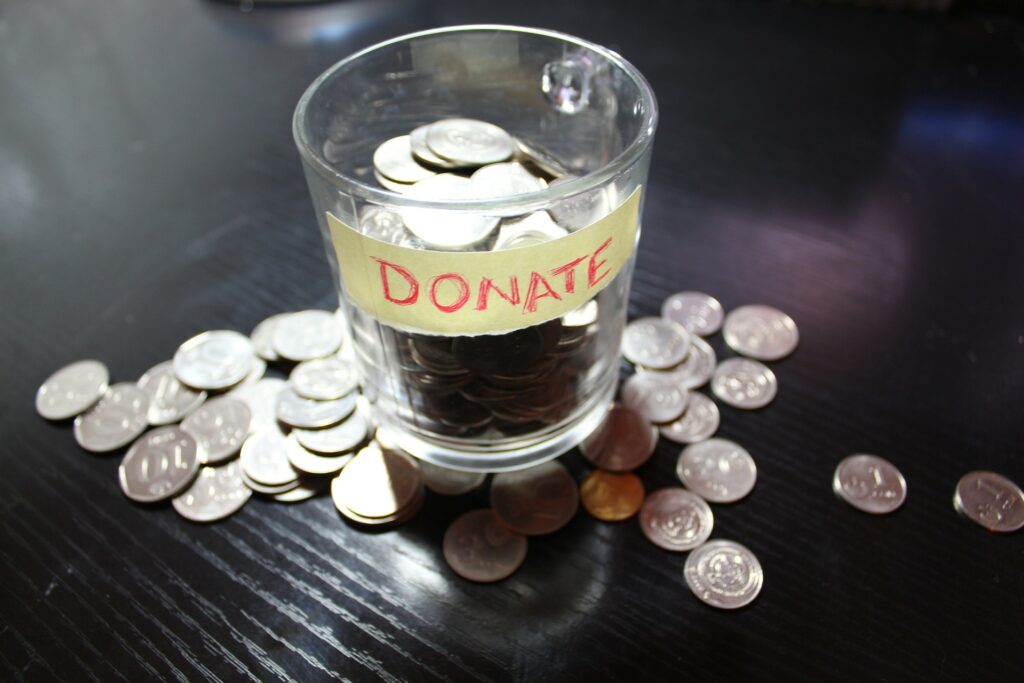di Marco Crescenzi, Presidente Social Change School
Fundraising professions today are the most wanted in nonprofit and a consistent opportunity for those coming from the “for-profit” sector. Oddly, the problem is that in this sector demand exceeds supply: basically, we don’t have enough professionals – our school has the same problem – to respond to the request of NGOs. Talking with Tirso Puig, Head of Social Change School’s Career Development Service, he indeed confirmed that many partner organizations are looking for interns and junior positions in the Fundraising sector. Fundraisers are sought-after all over the world, in USA and in Europe, as well as in Singapore, Hong Kong and Bangkok.
Why? Because as public funds are shrinking, fundraisers are the only ones who are able to ensure the financial survival of NGOs.
But what is it? Fundraising isn’t just about “raising funds”: it’s also about creating social investment, high impact partnerships and projects. An instrument of citizenship where you don’t simply ask for participation, but you offer it, co-investing in sensible causes. Therefore, it is a profession that attracts those coming from communication, marketing and business fields (like many ex managers and consultants), but also people with a background in humanities, with an educational approach and able to integrate in very social nonprofit realities where words like “target/customer portfolios/remarketing” and various technicalities aren’t used.
Actually, fundraising is more of a broad professional family rather than just one single profession, which is also “assembled” into actual professional associations and built with structured training courses, and it mainly includes:
Corporate Fundraising: synergetic partnerships with for-profit companies, specialization for those coming from the for-profit sector and that know its rules, styles and languages, know that it’s best not to present themselves with an unkempt beard and piercings…
Trust Fundraising: is the fundraising with foundations, banks or not, that nowadays are a growing source of funding (think about the prominent role of Cariplo in Italy or – in relative terms – the Bill and Melinda Gates Foundation).
Legacy Fundraising: fundraising on testamentary bequests. Until a few years ago in Italy it was mostly an exclusive domain of Catholic Church, but is now significantly increasing with 104 billion euros without heir and therefore potentially available for nonprofits – expected in 2020 (Source: Fondazione Cariplo). “It requires the ability to listen and to create a relationship of trust, work on territory and community” – these are the words of Stefano Malfatti, one of the best in the sector, who ironically invites people to “think about the future”! It surely is an interesting sector for many lawyers and people with legal training, or psychologists.
Events and Campaigns: organizing campaigns is an alternative strategy of action, complementary to projects, one that benefitted from the spreading of social media and ad hoc platforms like change.org, that make the potential impact broad and/or targeted. For some people, like the historic campaigner of Altromercato Davide Cavazza – with whom we have co-written the first Italian Manual of Campaigning in 2006 – “Campaigns come before fundraising”.
Individual Donors: as Giancarla Pancione, Marketing and Fundraising Director at Save The Children Italia, always underlines, people are still the most widespread way to raise funds in Italy. It is mainly thanks to this – rather than thanks to the general good management and international network – that so far Save The Children grew by 428% since 2007 in Italy (source: Censis), but the same goes for Emergency, MSF and others. “Great donors” are individuals as well, with the American philanthro-capitalism – with its lights and shadows – as a main actor.
Community Fundraising: it’s the fundraising and partnerships done with regard to the community as a whole, rather than a specific type of donors. Working with actors on the territory, on specific causes, local development actions. It encourages a more “social” spirit rather than a “business” one, even if, at the end of the day, you still need to bring home the funds. Nowadays, many apps like DonApp (recently launched with our support) work in an “artisanal” way when it comes to the quality of relationships, yet are still scientific in their use of big data.
If you want to work for social change this is your occasion: schedule an Admission and Evaluation interview for our International Masters! Don’t miss the opportunity, just fill the Interview Request Form. You still have time to start your professional future!



